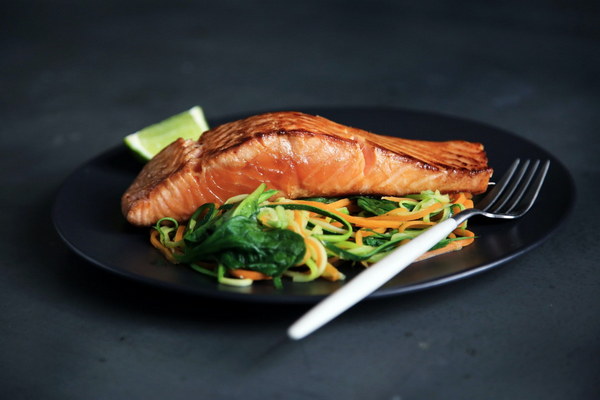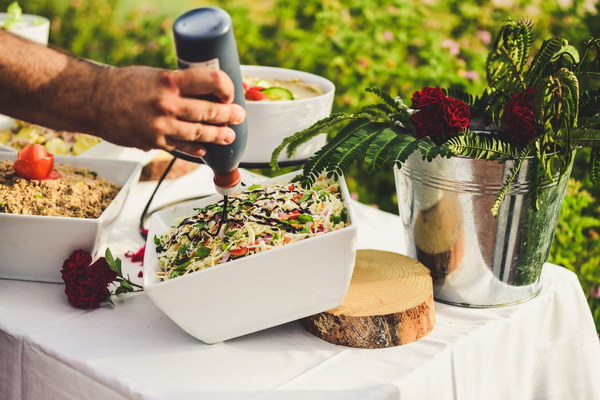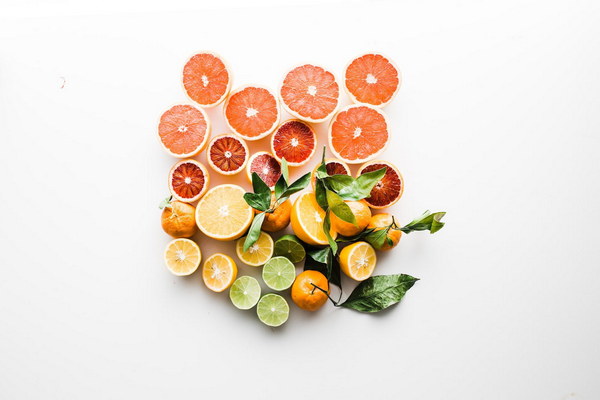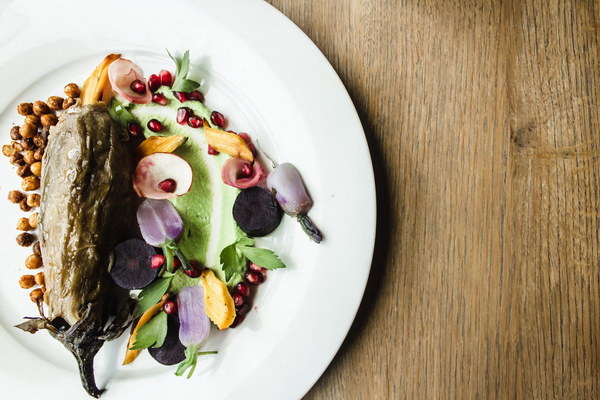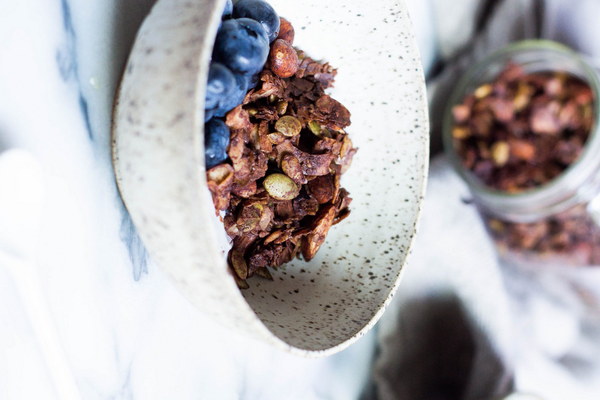Nourishing Remedies Tackling Blood in Phlegm with Dietary Supplements
Introduction:
Blood in phlegm, a condition known as hemoptysis, can be alarming and may indicate an underlying health issue. While medical treatment is crucial, certain dietary supplements and foods can help support overall health and potentially alleviate symptoms. This article explores the role of nutrition in managing hemoptysis and provides a comprehensive guide to nourishing remedies that can be incorporated into your daily routine.
1. Understanding Hemoptysis:
Hemoptysis refers to the coughing up of blood, which can be caused by various factors such as infections, lung diseases, or trauma. It is essential to identify the root cause of blood in phlegm and seek medical attention promptly. However, in addition to medical treatment, certain dietary practices can support the body's healing process.
2. Importance of Nutrition:
A balanced diet plays a significant role in supporting respiratory health and reducing inflammation. Nutrients such as vitamins, minerals, and antioxidants can help strengthen the immune system, improve lung function, and promote tissue repair.
3. Nourishing Remedies for Blood in Phlegm:
a. Vitamin C: This powerful antioxidant is known for its immune-boosting properties. Citrus fruits, strawberries, bell peppers, and leafy greens are excellent sources of vitamin C.
b. Vitamin E: Another potent antioxidant, vitamin E, can be found in nuts, seeds, and vegetable oils. It helps reduce inflammation and supports lung health.
c. Vitamin D: Often referred to as the sunshine vitamin, vitamin D is essential for immune function. Fatty fish, fish liver oils, and fortified dairy products are good sources of vitamin D.
d. Zinc: This mineral plays a crucial role in immune function and wound healing. Zinc-rich foods include lean meats, shellfish, legumes, and seeds.
e. Omega-3 Fatty Acids: These essential fatty acids have anti-inflammatory properties and can be found in fatty fish, flaxseeds, chia seeds, and walnuts.
f. Garlic: This flavorful herb has been shown to have antiviral, antibacterial, and anti-inflammatory properties. Garlic can be added to various dishes or consumed as a supplement.
g. Ginger: Known for its anti-inflammatory and antioxidant properties, ginger can help reduce coughing and phlegm production. It can be consumed as tea or added to meals.
h. Turmeric: This vibrant spice contains curcumin, a compound with powerful anti-inflammatory effects. Turmeric can be added to curries, soups, and smoothies.
i. Green Tea: Rich in antioxidants and anti-inflammatory compounds, green tea can help support lung health and reduce coughing.
4. Hydration and Probiotics:
Drinking plenty of fluids is crucial for maintaining respiratory health. Water, herbal teas, and broths can help thin mucus and make it easier to cough up. Additionally, incorporating probiotics into your diet, such as through yogurt or probiotic supplements, can help maintain a healthy gut microbiome, which is essential for overall immune function.
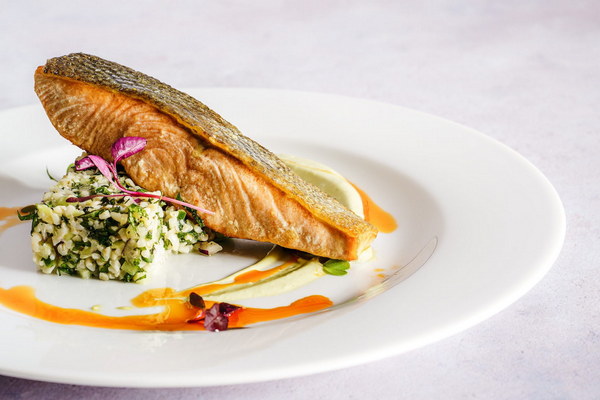
5. Avoiding Irritants:
To reduce coughing and phlegm production, it is essential to avoid irritants such as tobacco smoke, dust, and air pollution. This may involve creating a smoke-free environment, using air purifiers, and wearing masks in dusty or polluted areas.
Conclusion:
While medical treatment is crucial for addressing the underlying cause of hemoptysis, incorporating nourishing remedies into your diet can support your body's healing process and improve overall respiratory health. By focusing on a balanced diet rich in vitamins, minerals, antioxidants, and essential fatty acids, you can help manage blood in phlegm and promote a faster recovery. Remember to consult with a healthcare professional before making significant changes to your diet or starting any new supplements.

